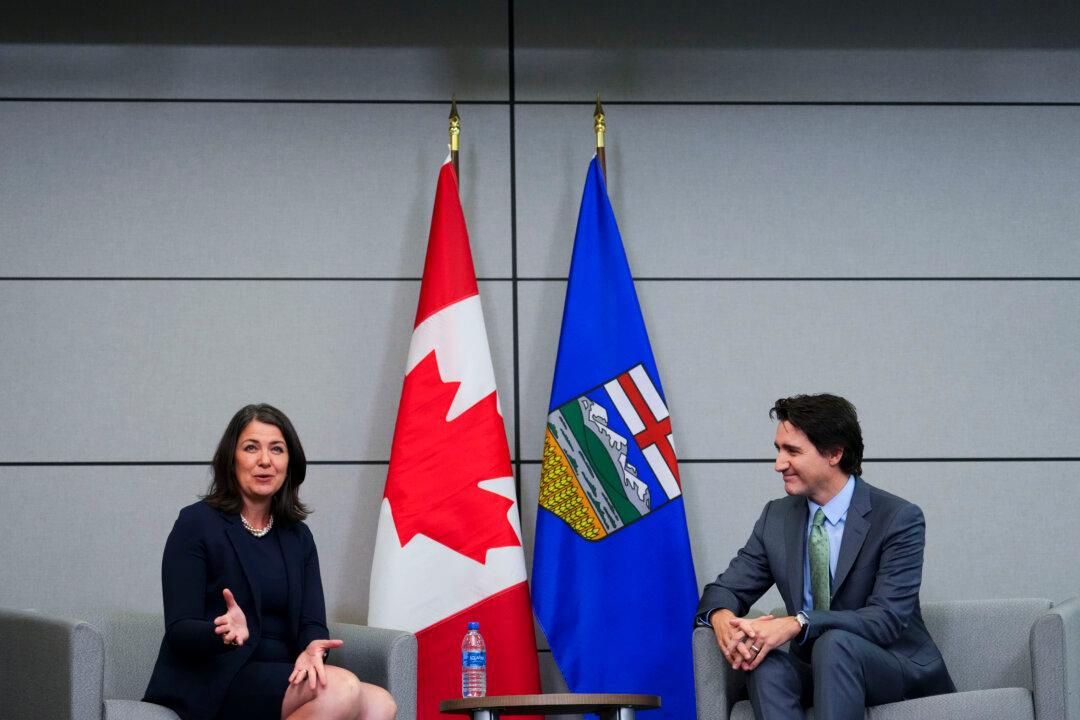Commentary
The Trudeau government has rarely been considered a friend to Alberta. In the weird world of politics, though, Prime Minister Trudeau provides a boon to provincial leaders like Premier Danielle Smith.

The Trudeau government has rarely been considered a friend to Alberta. In the weird world of politics, though, Prime Minister Trudeau provides a boon to provincial leaders like Premier Danielle Smith.